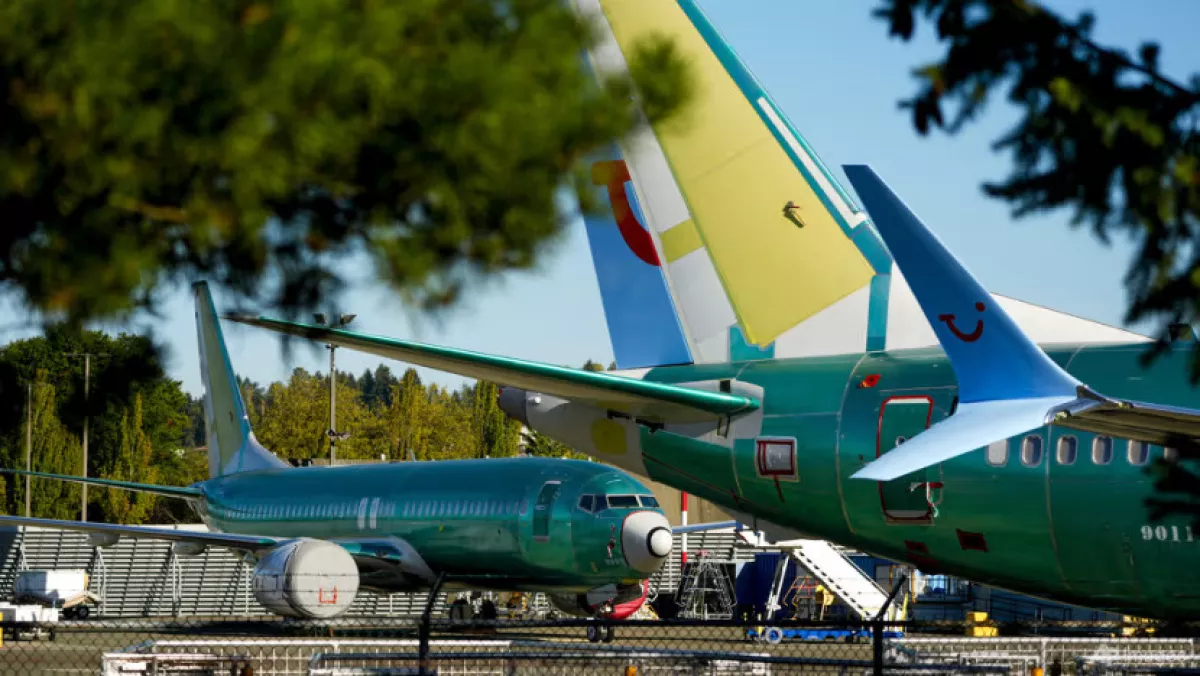


Boeing announced it will lay off 17,000 employees, representing 10 per cent of its global workforce, and delay the first deliveries of its 777X jet by a year, while incurring $5 billion in losses for the third quarter due to a month-long strike affecting production.
CEO Kelly Ortberg emphasized that the layoffs are essential to align with the company’s financial reality following the strike by 33,000 West Coast workers, which halted the production of the 737 MAX, 767, and 777 models, Caliber.Az reports via foreign media.
In a message to employees, Ortberg stated that the workforce reduction would affect executives, managers, and staff. Following the announcement, Boeing’s stock fell 1.1% in after-market trading. Ortberg, who took over in August, aimed to improve relations with the union and employees.
The company has reported pre-tax charges of $5 billion for its defense and commercial programs. Additionally, Boeing recently dismissed Ted Colbert, the head of its struggling space and defense unit. As the company prepares to report its third-quarter earnings on October 23, it projects revenue of $17.8 billion, a loss per share of $9.97, and an operating cash flow deficit of $1.3 billion—better than analysts’ expectations of a $3.8 billion cash burn.
Thomas Hayes, an equity manager, suggested that the layoffs could pressure striking workers to return. He speculated that the strike would likely end within a week, as workers would prefer not to risk permanent unemployment.
Boeing filed an unfair labor practice charge against the machinists’ union, claiming they have not bargained in good faith. The strike is estimated to cost Boeing $1 billion monthly, and the company is at risk of losing its investment-grade credit rating.
In light of the job cuts, Boeing will end a furlough program for salaried employees. The delayed delivery of the 777X, now expected in 2026, stems from developmental challenges and the ongoing strike. Additionally, the company will cease its 767 freighter program in 2027 but continue production of the KC-46A Tanker.
As Boeing faces scrutiny, including a federal investigation into past safety protocols, it is exploring options to raise $10 billion to $15 billion through stock and equity-like securities to stabilize its finances.